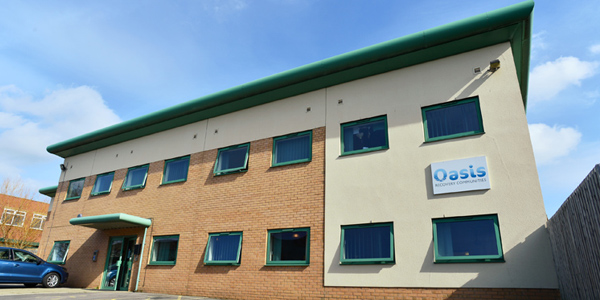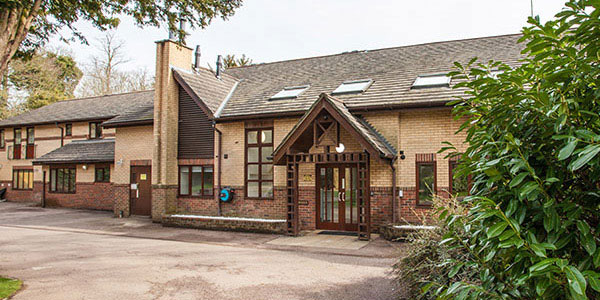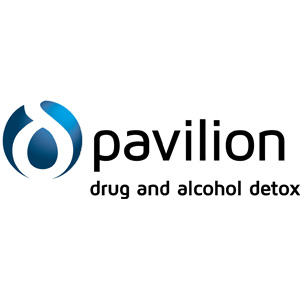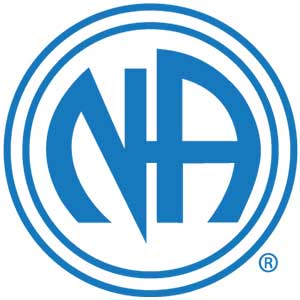Alcohol & Drug Rehab in Lancaster
Nowhere in the UK is untouched by the ravages of addiction – and unfortunately the houses and streets of Lancaster are the scene of a great deal of suffering as the abuse of alcohol, illegal drugs and prescription medicines takes a terrible toll. However, there is help for those prepared to reach out for it: in recent years an array of facilities have been set up to treat addiction and set addicts back on the path to happiness and success. If you or a loved one are struggling with this dreadful illness, don’t give up hope: read on to find out how rehab can save your life.
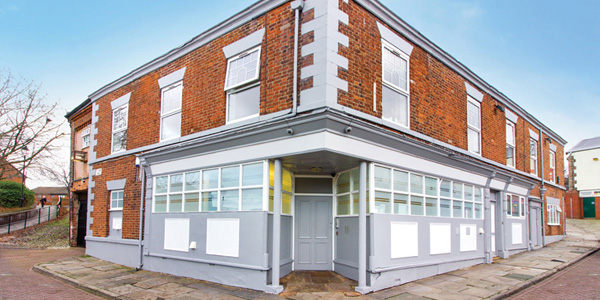
Oasis Runcorn is quite unique detox and rehab unit in offering two treatmen…
- Private
- Holistic Treatment
- Tailored Treatment Programme
- Residential
Featured Rehabs
Built in 2009, Oasis Bradford was originally commissioned by the Department…
Banbury Lodge is a private UKAT rehab facility based in Banbury, Oxfordshir…
Liberty House Clinic is a fully furbished detox and rehabilitation facility…
Finding Treatment near Lancaster
-
- 12 Step
- Group Setting
- Free
- Outpatient
- Load More
Drug & Alcohol Rehab Services in Lancashire
- A
- B
- C
- D
- E
- F
- G
- H
- I
- J
- K
- L
- M
- N
- O
- P
- Q
- R
- S
- T
- U
- V
- W
- X
- Y
- Z
What Is Rehab?

Residential rehabilitation – commonly known as “rehab” – describes addiction treatment carried out at a dedicated facility, as well as being the name for such a facility itself. This treatment comprises both detoxification (“detox”) – medically supervised and often assisted by appropriate medication – and an extended period of therapy during which the causes of addiction are explored.
At rehab, patients can focus entirely upon their recovery, far from the temptations of daily life, and secure in the knowledge that – because rehabs are confidential facilities – details of their condition will not reach the outside world.
It is commonly acknowledged that rehab offers the most effective treatment of addiction (ie, produces the greatest chance of life-long recovery) thanks to its holistic approach addressing both physical dependency and the longer-term, more pernicious challenge of psychological addiction. Treatment which only addresses physical dependency is unlikely to result in a permanent recovery as the underlying causes of addiction will not have been addressed.
How Can I Get Someone into Rehab?
Addiction can destroy lives gradually and inexorably – but it can also end them in an instant, as a result of overdose, accident, or acts of violence. Because of this, every moment counts in the fight against substance abuse. The quality of NHS addiction treatment services is high – but, unfortunately, so is the demand for them, especially in areas with a high population such as Grimsby and its environs.
If you are wrestling with addiction, you may need urgent help and NHS waiting times may simply be too lengthy. Don’t allow any more time to slip by before getting help: reach out today to find out about some private options available to you which could mean the difference between life and death.
Advantages of Private Rehab
The specific treatment programmes offered by rehabs vary from one facility to another, as do the level and type of facilities available. However, all have in common that they provide a secluded and secure environment in which healing can take place away from the temptations of an addict’s daily life (including of course access to substances of abuse). Patients will be assessed upon arrival to allow medical professionals to get a firm idea of their condition and the severity of their addiction before undergoing a supervised detox (which may involve the administration of relevant medication). After detox and withdrawal are complete, patients undergo therapy aimed at ensuring they understand what led them into addiction originally and preparing them to resist the temptation to rejoin that path.
Rehabs will typically offer tailored nutritional and physical fitness plans (on the basis that a healthy body is vital for a healthy mind) along with various other facilities; patients will also usually be offered free aftercare for up to a year after their stay in rehab, in the knowledge that recovery is not complete upon leaving the facility, but is a lifelong process.
What Does Rehab Cost in Lancaster?
The cost of private rehab will vary from one facility to another depending on the nature of the treatment programs offered and of the standard of the facility in question (for example, luxury rehabs can logically be expected to cost more). Roughly speaking, standard costs in or near Lancaster range from £5,500 to £11,000 per month, although the cheapest treatment may be obtained for as little as £834 per week. For more specifics, call 0800 804 4755.
NHS Addiction Treatment Options near Lancaster
Private rehab may not be an option for everybody – possibly for reasons of cost, or perhaps because you do not feel it is feasible for you to spend a significant period away from your family and/or work commitments. Do not give up hope if this is the case: there are a number of NHS and charity resources in and near Lancaster which can help you or a loved one tackle even the longest-standing addiction. Talk to your GP about which of these might be open to you and would be appropriate for your situation.
Advantages of NHS Treatment
Logically, the most prominent advantage of NHS treatment is financial: private rehab comes at a cost which may put off some potential patients (though this cost is comparatively minor set against the potential costs of sustaining an addiction) while NHS services are free at the point of use.
NHS standards are very high, and extremely accessible geographically in that the NHS operates across the UK while some rehab facilities may be a long way from Lancaster; it is important to bear in mind, however, that, as previously mentioned, waiting lists can be very long and waiting times distressingly lengthy, while quality does vary from one NHS trust to the next.
Addiction Support Groups
Alongside treatment facilities and programs able to address the immediate challenges of addiction and dependency, various organisations are active across the UK helping addicts who are in recovery. Some of these operate on a support group model: groups of people who are themselves recovering addicts who convene at regular (often weekly) meetings for mutual support, advice on staying sober and clean, and simple companionship and friendship (which can be key for many addicts who struggle with loneliness after turning their backs on drug-abusing peer groups).
Support group attendees may be only recently free from addiction, or may have been clean for long periods; they come from all demographics and are brought together by their shared experiences of addiction and recovery. Usually, attendance at such groups is free: the only requirement is a commitment to abstaining from substances of abuse.
The best-known support group organisation – and one on which many others have been modelled – is Alcoholics Anonymous (AA). Founded in 1935, AA provides the famous 12-step programme of personal and spiritual progress (one of the steps being to acknowledge that a higher power – such as God – governs one’s life and can help with an alcoholic’s recovery).
Narcotics Anonymous (NA) was founded in 1953 based on the AA model and is the second-largest support group organisation internationally, specifically aimed at helping recovering drug addicts. Along similar lines are Cocaine Anonymous (CA), Heroin Anonymous (HA), Marijuana Anonymous (MA) and Crystal Meth Anonymous (CMA), all of which operate 12-step programmes. There are also support groups such as Al-Anon and Nar-Anon assisting the families and friends of addicts which typically hold meetings alongside those for the addicts themselves.
Each local support group chapter is run independently, and meeting schedules and venues are of necessity subject to change. To find information on meetings in or near Lancaster, see the relevant websites: Alcoholics Anonymous; Narcotics Anonymous; Cocaine Anonymous; Heroin Anonymous; Marijuana Anonymous; Crystal Meth Anonymous.
Types of Counselling

Many private addiction counsellors – like “regular” psychotherapists, though with an obvious emphasis on addiction – can be found throughout the country, with a wide variety of therapy models available. Individual counselling – which can be engaged in either following attendance at rehab or other treatment as a supplementary aid to recovery, or potentially as a means of managing an addiction prior to engagement in a full treatment programme – is especially beneficial for those with extremely busy schedules.
Counsellors are usually seen weekly and typically charge a fee per appointment; some counsellors make themselves available in emergencies while others strictly limit access to working hours.
How to get to Oasis Runcorn from Lancaster
Oasis Runcorn is a unique detoxification and rehab centre in the heart of Runcorn, Cheshire, able to accommodate up to 34 patients at any time. Its spacious and tranquil environment, world-class facilities and hugely experienced and caring staff make this the perfect place to embark upon a recovery from addiction, and its intensive treatment programmes are aimed at healing on a holistic level, addressing medical, emotional, psychological and social needs. Support is available 24/7 and all patients completing treatment programmes receive 12 months’ complimentary aftercare.
To get to Runcorn from Lancaster, head out on the A6 and keep going to the M6, joining the motorway towards Kirkby Lonsdale/Kendal. Stay on the M6 to junction 21A, then join the M62 towards Liverpool. At junction 7, take the A557 exit towards Prescot and stay on the A557 to the Mersey Gateway Bridge/A533 toll road. Keep on that road to the A558; then follow signs to Runcorn town centre.


